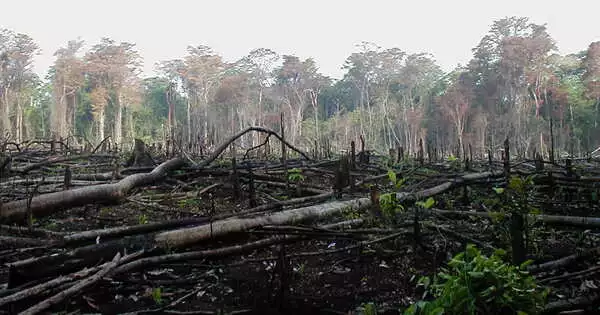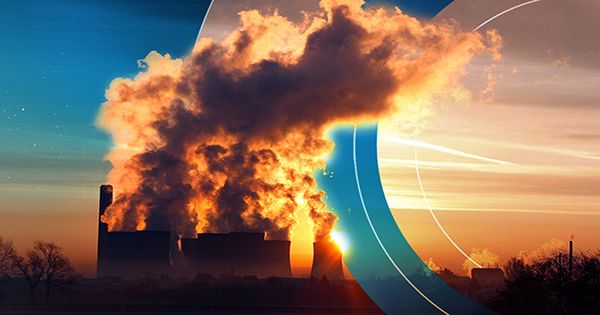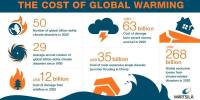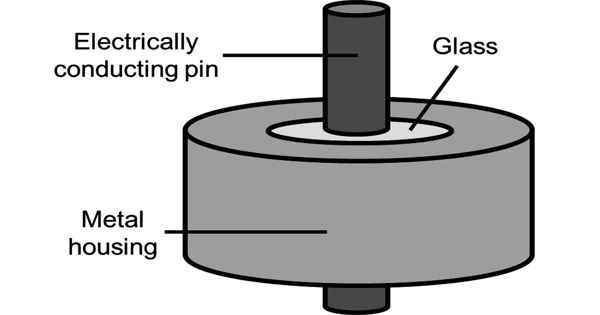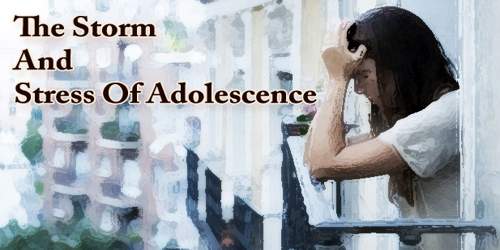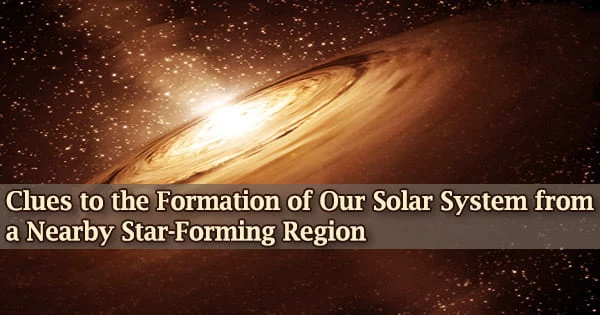Ecological collapse refers to a situation where an ecosystem experiences a rapid and widespread loss of species, resulting in a decline in overall biological diversity and stability. This can occur due to a variety of factors, including human activities such as deforestation, pollution, overfishing, and climate change, which can cause drastic changes in the delicate balance of an ecosystem. The effects of ecological collapse can be far-reaching and long-lasting, leading to decreased resource availability, decreased resistance to invasive species, and reduced ecosystem services such as pollination and water purification.
Ecological collapse is a situation in which an ecosystem suffers a drastic, possibly permanent, reduction in carrying capacity for all organisms, often resulting in mass extinction. Typically, an ecological collapse is precipitated by a catastrophic event that occurs on a short time scale. Ecological collapse can be defined as the impact of ecosystem collapse on the biotic elements that rely on the original ecosystem.
Ecosystems can recover from a disruptive agent. The difference between collapse and a gentle rebound is determined by two factors: the toxicity of the introduced element and the resiliency of the original ecosystem. Scientists can forecast ecological collapse tipping points.
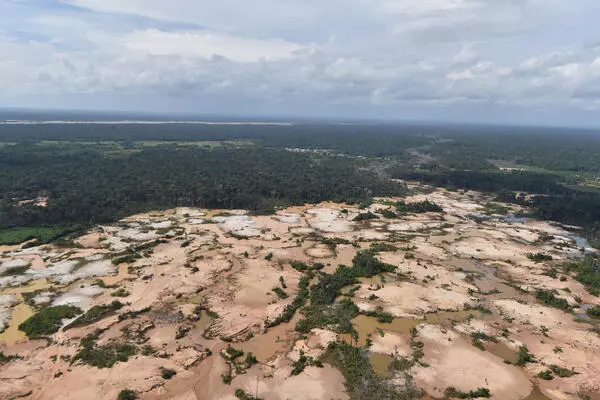
The consequences of ecological collapse include soil erosion, water scarcity, loss of food and habitat for many species, and changes to global climate patterns. Preventing and mitigating ecological collapse requires reducing the drivers of ecosystem destruction, promoting sustainable use of natural resources, and conserving biodiversity. This can occur due to human activities such as deforestation, pollution, overfishing, and climate change, as well as natural causes like earthquakes, volcanic eruptions, and hurricanes.
Causes and examples
Asteroid impacts, extremely large volcanic eruptions, and abrupt climate change are all factors that contribute to ecological collapse. The fossil record demonstrates the snowball effect of these contributing factors and ecological collapse. The Carboniferous Rainforest Collapse, the Cretaceous-Paleogene extinction event, the Permian-Triassic extinction event, and other mass extinctions are prehistoric examples.
The Ordovician-Silurian extinction events, for example, show the effects of climate change as a contributing factor to ecological collapse. Global cooling, which affected marine life habitats, could have contributed to the Ordovician Extinction. As a result, sea creatures like trilobites, brachiopods, and graptolites went extinct.
Overfishing was responsible for the collapse of the Grand Banks cod in the early 1990s. Habitat loss, degradation, and fragmentation, overgrazing, human overexploitation of ecosystems, human industrial growth and overpopulation, climate change, ocean acidification, pollution, and invasive species are all significant contributors to current and future ecological collapse.
